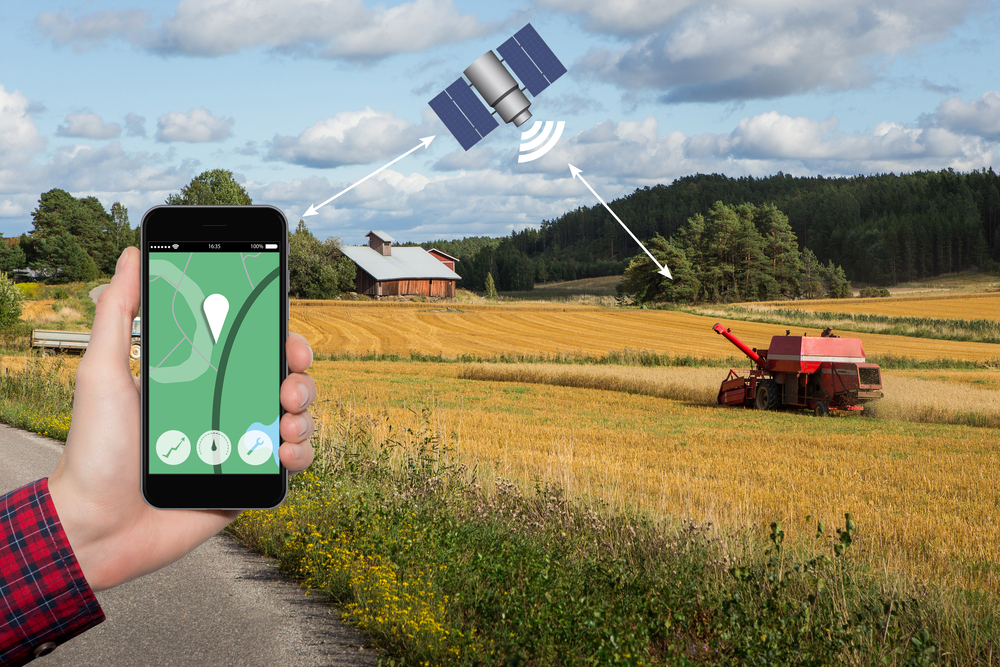The initiative falls within IICA’s strategy to support the digital transformation of agriculture in the Americas, in a drive toward greater efficiency and sustainability.

San José, 19 May 2020 (IICA) – CENFOTEC University and the Inter-American Institute for Cooperation on Agriculture (IICA) have launched a technical training program on the use of the Internet of Things (IoT) for agriculture, as means of equipping the sector with technological tools that will enhance the efficiency and sustainability of food production.
In the medium-term, the institutions also plan to launch a Master’s program in Digital Agriculture for the entire Latin America and the Caribbean, based in Costa Rica (where UCENFOTEC is headquartered).
Both announcements were made during a virtual meeting involving Costa Rica’s Minister of Agriculture and Livestock, Renato Alvarado; the Minister of Science, Technology and Telecommunications, Luis Adrián Salazar; the Principal of the University, Rene-Pierre Bondu; and the Director General of IICA, Manuel Otero.
UCENFOTEC’s Principal maintained that, “This program will facilitate greater efficiency, productivity, value creation, energy management, precision agriculture and smart livestock rearing, among other innovations”.
The Director General of the hemispheric agency for agriculture remarked that, “Once again, Costa Rica will be a forerunner in these issues, consolidating its role as a forum that demonstrates to the hemisphere and the world the importance of digital technologies for agricultural transformation”.
Enrollment in the IoT for agriculture program began on 15 May and the program will continue until September. The initiative arose of a commitment made by IICA at the last meeting of the Inter-American Board of Agriculture (IABA, October 2019), where ministers of the hemisphere devised the roadmap for the sector in the coming years.
This training program will seek to integrate field work with software and equipment connected to the Internet, as a means of streamlining and enhancing the efficiency and sustainability of production processes, while enabling real time decision-making.
It will also be closely linked to the reality of the agroproduction sector, bearing in mind practical examples and real problems that agriculture is currently facing, including the Covid-19 health emergency.
Thus, various projects were identified from a survey conducted with representatives of the Costa Rican Coffee Institute (ICAFE), the National Animal Health Service (SENASA), the Costa Rican Livestock Corporation (CORFOGA), among other stakeholders.
The technical program will last for 17 months (four 4-month terms, in addition to a final month). As a pre-requisite to enrolment, students should possess an undergraduate college degree, curiosity and the desire to innovate to change the agricultural reality in the Americas.
The plan is to begin the training in Costa Rica and to then scale it up to other countries. Miguel Ángel Arvelo, IICA Representative in Costa Rica, explained that, “Bearing in mind the ongoing pandemic and the possible post-Covid scenarios, training like this will be key to enabling the production sector to incorporate new technologies into its daily work, which is the mainstay of food security in Costa Rica and the rest of the world.
More information
Emmanuel Picado, Manager of Information/Communication Technologies and Digital Agriculture at IICA
Sacha Trelles, Technical Coordinator of the IICA Delegation in Costa Rica











